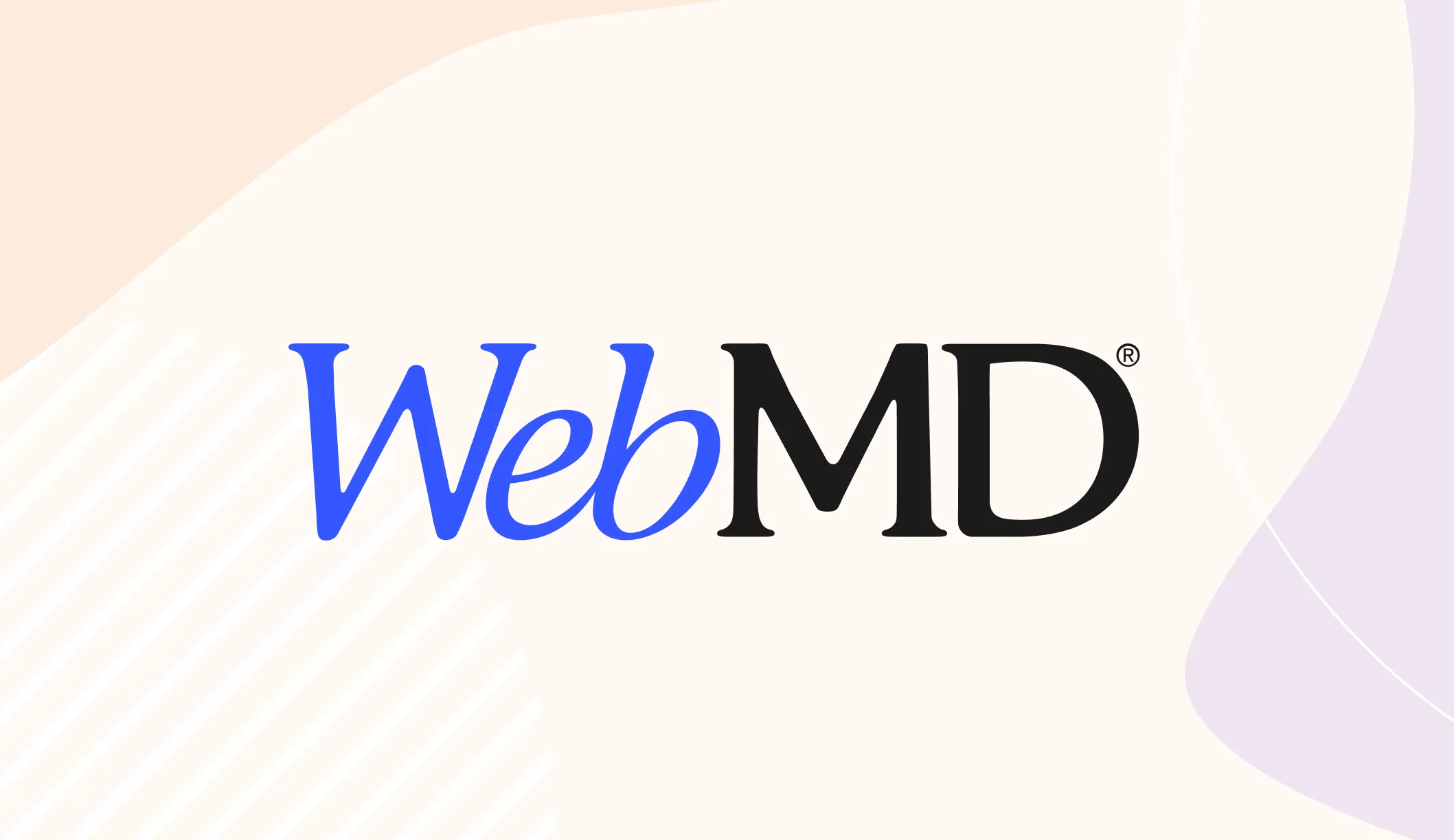Human bodies can really only covert about 5% on ALA intake to EPA and DHA. Which is why it's not practical to only take in ALA.
View attachment 158870
There is omega 3s in beef and eggs. Unfortunately conventional farming methods reduces this amount. Which is why it's important to consume grass fed beef and pasture raised eggs.
However we still get too much omega 6 due to our excessive govt subsidized seed oil use. It's important to have a balance between omega 3 and 6. So while buying the highest quality meats and animal products available for me to purchase. I don't put in the effort to avoid products with seed oils.
I supplement with Carlson's fish oil with added vitamin d. It has a good ratio of about double the EPA as it's DHA.
It's also important to get the Omega 3 in its natural triglyceride form as opposed to the more common converted to ethyl ester as found in most fish oil capsules.
Unfortunately omega 3s are quite complex.
Find out what the research says about grass-fed beef, who should have it, and how it may affect your health.

www.webmd.com
A decade ago, you only had two choices: organic or conventional eggs. But in the last few years, quite a few varieties of eggs have cropped up at your local grocery store. Now, you need to choose from organic, cage-free, free-range, pasture raised and omega-3. If you’re not familiar with pasture...

www.chinovalleyranchers.com
Omega 3 Triglycerides vs Omega 3 Ethyl Esters! Don't buy Fish Oil without reading this!

www.intelligentlabs.org
Without a doubt the majority of omnivores are both lacking in Omega 3 and take in too much ch omega 6. Of all the essential fatty acids, omega-3 and 6 are the only two that our bodies cannot produce. They perform opposite jobs. Omega-6 promotes inflammation, and Omega-3 is anti-inflammatory. The balance started being offset when humans stopped being hunter-gatherers and started farming. Before that we took in these two fats on roughly a one-to-one ratio. After we started farming the ratio began to skee to make 5:1 or 3:1. Which we believe our bodies can probably handle just fine. However the major problems came in with the industrial revolution. Now with the excess amounts of processed foods the average American takes an omega-6 to omega-3 at about a 20 to 1 ratio. It's pretty bad with or without meat.






